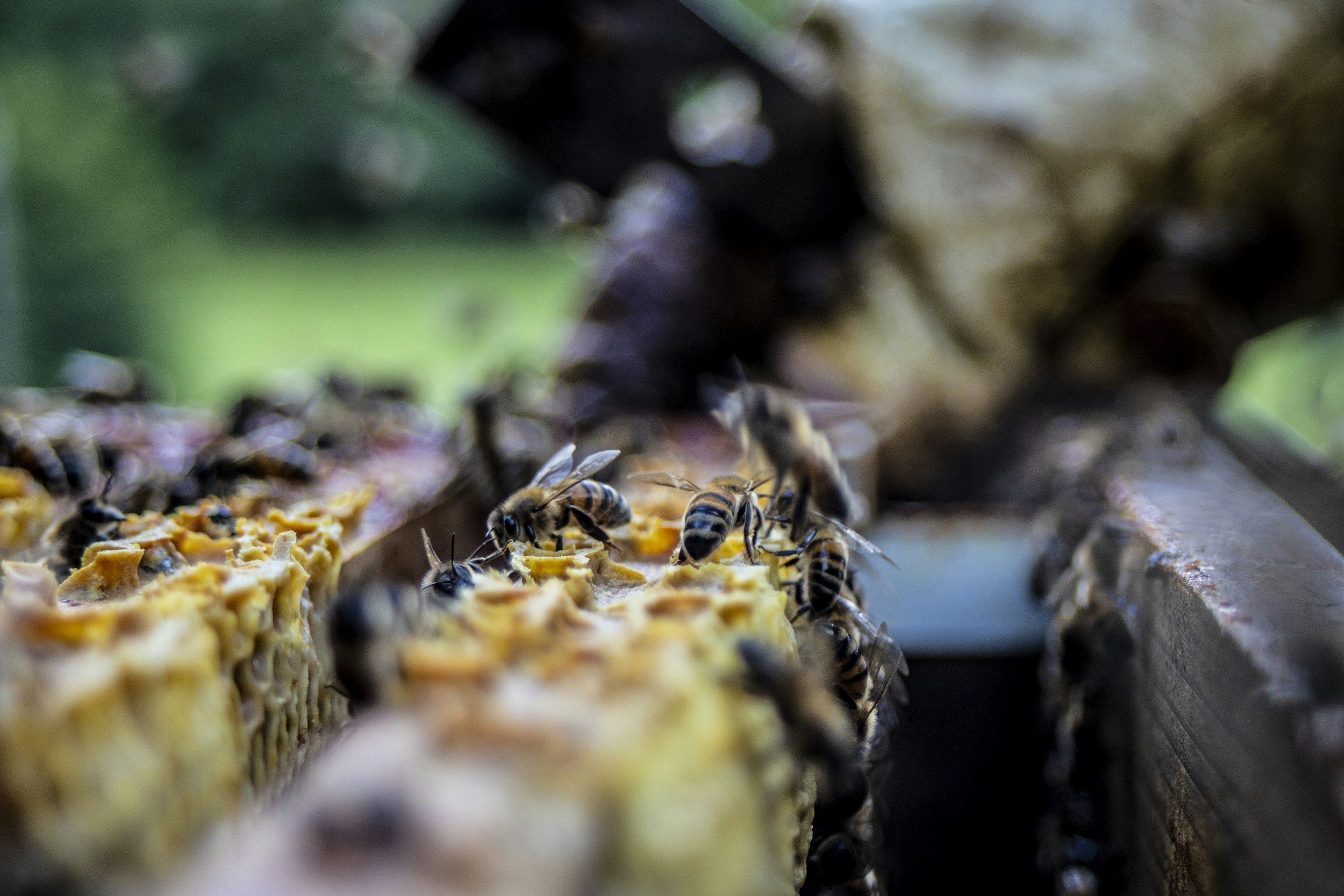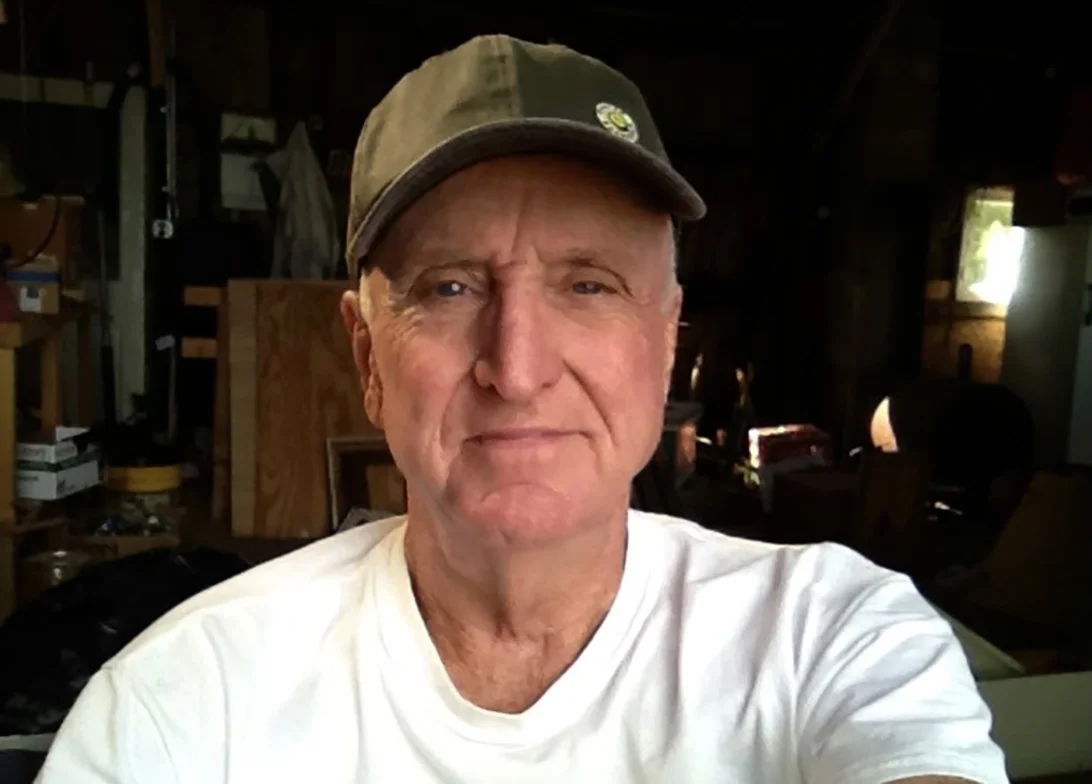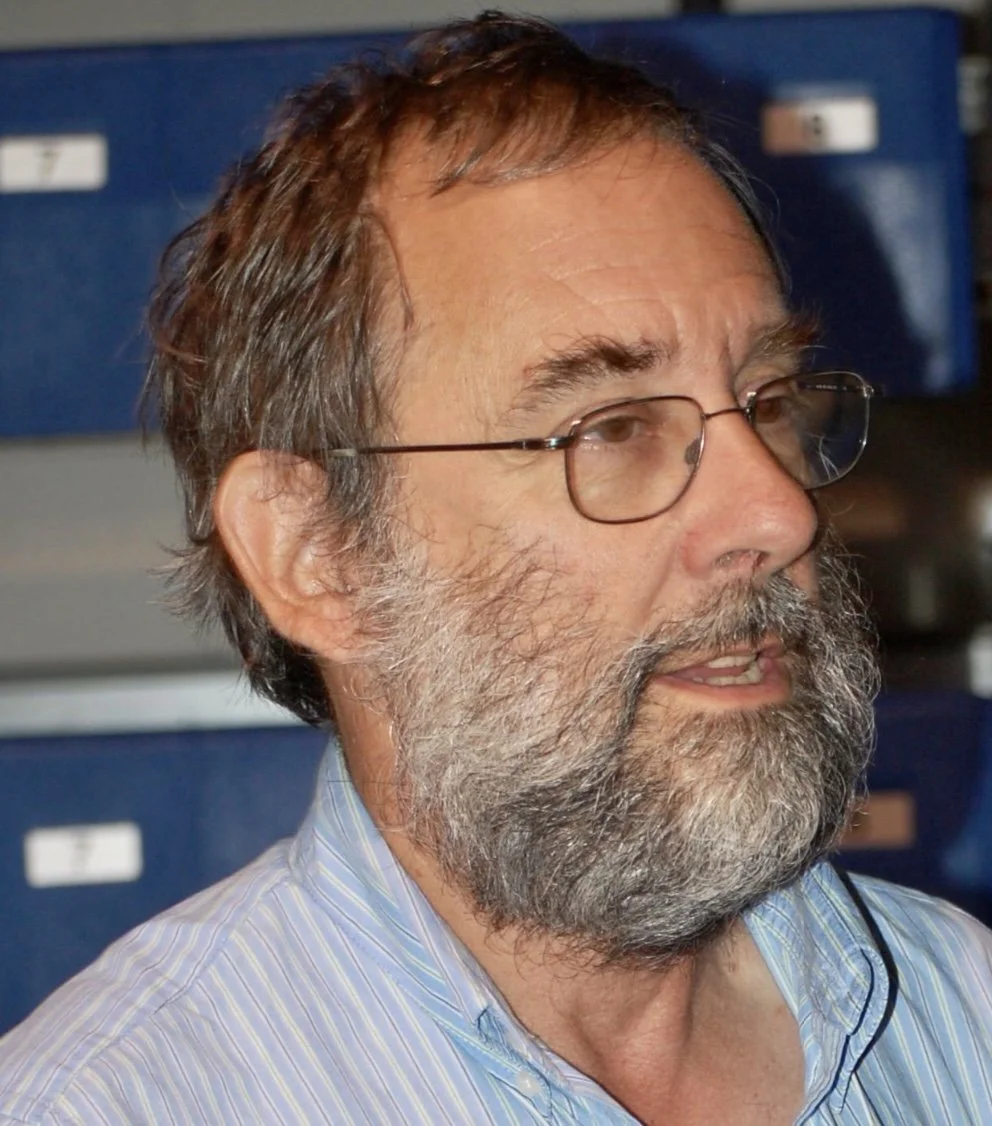
Speaker
BIOS

PLENARY
-
MASTER BEEKEEPER
John has been a beekeeper for 23+ years, single-handedly managing 40 colonies and a breeder of quality local queens and bees from local survivor stock for over 20 years. He is an Eastern Apiculture Society Certified Master Beekeeper, Life Member of EAS, 2019 President of HAS and a frequent speaker at their conferences as well as EAS, President of the Mammoth Cave Beekeepers 2017 to present, past member President/officer of four local associations since 2004 and a life member and advisor of the Kentucky Queen Bee Breeders Association. He shares his knowledge and love for the bees as a mentor, speaker, instructor, volunteer, and organizer at state, local, regional, and national associations. He writes a monthly column for the Nashville, TN. Area Beekeepers and strives to advance his beekeeping skills continuously. John is now using Instrumental Insemination of honey bee queens as a part of his queen rearing to promote genetic diversity in his apiaries. He advocates various queen-rearing methods by organizing and teaching at Spring schools in several states to help spread individual, self-sustaining local apiaries.

SPEAKERS
-
PhD
Tom Seeley, biologist and beekeeper, is a retired professor of the Department of Neurobiology and Behavior, at Cornell University. He began keeping bees in 1970, when he was a senior in high school. In 1978, he earned a Ph.D. in biology at Harvard University. From 1980 to 2020, he taught courses on animal behavior and conducted research on the behavior, social life, and ecology of honey bees.
He has described his studies of the honey bee (Apis mellifera) in six books: Honeybee Ecology (1985), The Wisdom of the Hive (1995), Honeybee Democracy (2010), Following the Wild Bees (2016), The Lives of Bees (2019) and Piping Hot Bees and Boisterous Buzz-Runners (2024). Each book shares with non-scientists (especially beekeepers) some of the discoveries he has made about the astonishing behavioral skills of worker honey bees.
In recognition of his many findings about the lives of honey bees, he has received various scientific awards, including the Golden Goose Award from the American Association for the Advancement of Science. He has also been elected a member of the American Academy of Arts and Sciences and the German National Academy of Sciences. He writes: "These honors are gratifying, but for me the most important 'prizes' by far are the discoveries that I have made about the inner workings of honey bee colonies."
-
DVM
MASTER BEEKEEPERLeonard attended the University of Kentucky and Auburn University College of Veterinary Medicine and is a small animal veterinarian in Louisville, where he owns and operates Davis Animal Clinic. He is USDA-Aphis accredited. He currently manages 45+ colonies practicing self-sustaining beekeeping. He grafts and raises his own queens. Leonard is an Eastern Apiculture Society (EAS) Certified Master Beekeeper and the EAS Kentucky Director. He was the president of the EAS 2021 Conference that was held in Shepherdsville just south of Louisville. He is currently the president of the Bullitt County Beekeepers Association, a member of the Kentuckiana Beekeepers Association, the Kentucky Queen Breeders Association, and the Kentucky State Beekeepers Association. Leonard has taught at several local association meetings, the EAS Conference, the Kentucky State Beekeepers meetings, and various other clubs and organizations.
-
Vice President
Thomas is an accomplished individual with a diverse educational background; he has always been passionate about learning and exploring new fields. His journey began at the University of Kentucky, where he earned a Bachelor's degree in Microbiology. This degree allowed him to delve into the fascinating world of microorganisms and their impact on our lives.
His thirst for knowledge did not stop there. He went on to earn a Bachelor's degree in Business Management from Northwood University, which gave him a solid foundation in the principles of business and entrepreneurship. he also earned a Bachelor's degree in Science from the University of Louisville, which broadened his understanding of the natural world and its complexities.
In addition to his Bachelor's degree, he also holds an Associate degree in Business Administration from McKendree University. This degree gave him practical skills and knowledge he applied throughout his career.
Outside of my academic pursuits, he has also pursued his passion for beekeeping. For the past four years, he has been a dedicated beekeeper, tending to his hives and learning about bees' important role in our ecosystem.
Overall, his diverse educational background and passion for learning have shaped him into a well-rounded individual with a deep appreciation for the natural world and a drive to positively impact his community.

RESEARCHERS
-
PhD
Thomas C. Webster, Professor and Extension Specialist, Kentucky State University. He completed his graduate work in entomology at the University of California at Davis and did postdoctoral research on pesticide poisoning of bees pollinating alfalfa in the San Joaquin Valley. Also, he advised the beekeepers of Belize on pesticide poisoning and the impending Africanization of colonies there. In 1988, Webster accepted his current position in apiculture at Kentucky State University. His research now focuses on Nosema ceranae, a common pathogen of honey bees, improved understanding of the biology of this microbe, and development of appropriate and sustainable control measures for
beekeepers. -
PhD
Dr. Wise's background is in metals toxicology and neurotoxicology, having received his PhD in toxicology from Purdue University in 2018. He recently published results from his lab reporting metal levels from honey samples collected across the U.S., providing the most extensive and detailed account of metal contamination in U.S. honey. These data will be invaluable as the USDA and FDA develop policies for metal contamination in honey and for informing local policies for environmental metal pollution.
-
PhD candidate
Dylan Ryals is a life-long beekeeper with experience working on commercial pollination and queen-rearing apiaries. He is a PhD candidate under Dr. Brock Harpur at Purdue University, where he studies honey bee genetics and breeding. His research focuses on bee genetic diversity and structure across the United States and how genetics influence traits of interest in colonies. After his PhD, he aims to work in the honey bee breeding industry to improve the health and productivity of bee populations.

STATE and LOCAL RESOURCES
-
Dr. Amanda Skidmore is the State Apiarist from Kentucky Department of Agriculture. After graduating with her PhD in Entomology from University of Kentucky, she spent time researching pollinators and beneficial insects in Indiana and working as an extension professor New Mexico. Her background is in integrated pest and pollinator management, where she has focused on developing common sense practice for homeowners and agriculture producers that mange insect pests and protect pollinators while reducing pesticide use. In her role as State Apiarist her focus is on keeping Kentucky honey bees healthy and working to promote beekeeping and support beekeepers across the state. She covers all 120 of Kentucky’s counties and works with beekeepers to perform certified health inspections, participates in collecting data for the National Honey Bee Health Survey, and speaks at local beekeeping association meetings.
-
John Schellenberger has served as President and Vice President of The Beekeepers Of Indiana (TBOI). In 2019, John and several TBOI members worked with the Indiana Legislature to pass SB 529 protecting beekeeping in Indiana. In 2024, TBOI members worked to pass HB 1337 to protect beekeeping in HOA-governed subdivisions. Indiana is a bee-friendly state.
John is a facilitator and a member of the Spring Valley Beekeepers in Floyd County, Indiana. He has been a beekeeper for over 18 years and has a passion for beekeeping and the little honey bee. John authored “Swarm Traps Made Simple” published in the March 2024 American Bee Journal. He enjoys mentoring new beekeepers and excited to see many women getting into beekeeping.
John writes a biweekly article “Plan Bee” in his local newspaper “The News and Tribune.” John served 8 years as Floyd County Commissioner and ten years on the County Council.
Catching Swarms: Swarm Traps Made Simple-Tired of purchasing spring nucs or packages to replace your winter losses or build up your apiary. Learn how to build an inexpensive one-person swarm trap using wooden nuc boxes to catch spring swarms. There are several different swarm-trap designs that beekeepers use but many traps require more than one person to place the trap, some require climbing, ladders or ropes and some require placing screws or nails in the tree. The double wooden nuc box design is a simple one-person operation that does not require ropes, ladders or climbing a tree. This design also minimizes if not eliminates the possibility of smashing the queen when the swarm is brought home and placed in the apiary.









